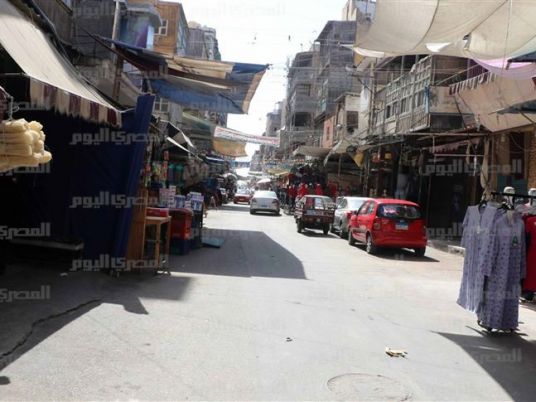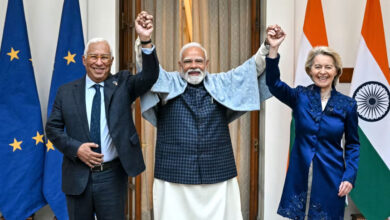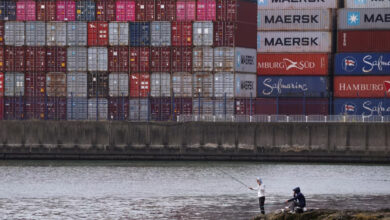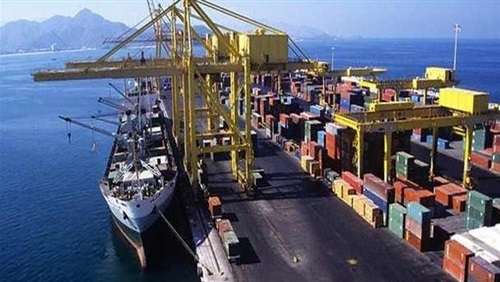
Egypt’s Presidency has sent an official letter to the Cabinet warning of unfavorable consequences to the “commercial recession” occuring in the Suez Canal province of Port Said.
The letter by the Presidency’s national security adviser, Ahmed Gamal Eddin, a copy of which was obtained by Al-Masry Al-Youm, told Prime Minister Sherif Ismail that a “state of rage” is predominating among the province’s traders due to the commercial recession. The letter carried “urgent directives” by President Abdel Fattah al-Sisi to address the crisis.
The directives include measures to develop Port Said’s industrial zone, as well as organize sports and arts events that could attract visitors and reinvigorate trade at a time when transactions have become limited for locals.
Mohamed Al-Masri, head of Port Said’s chamber of commerce, said the province has experienced economic hardships for the past four years, during which many traders have gone bankrupt, failing to pay off debts with banks and wholesalers.
Masri pointed out that Port Said has high unemployment rates, arguing that this has consequently “induced a security and political deficiency".
MP Rania al-Sadat said that since elections for the House of Representatives ended two weeks earlier, “citizens have never ceased to knock on our doors to speak about their problems, most notably those related to housing and the free zone." Sadat blamed the situation on “an absence of cooperation between the governorate and local leaderships, which tend to impose a blackout on the province’s failures”.
“We need decisions to be taken by President al-Sisi himself, the situation is now dangerous for traders. It is already winter and the Christmas season is upon us but there are no visitors,” said Mohamed Abu Taleb, a member of the chamber of commerce. “The citizens of Port Said are desperate because of unhonored pledges, they need urgent decisions to be made which will restore trade activity to the way it was before penal measures were adopted by the Mubarak regime.”
Abu Taleb was referring to former president Hosni Mubarak’s decision in 2002 to stop the adoption of the free trade zone system in Port Said. Many observers viewed the decision as a punishment for the province following the failing assassination attempt against Mubarak during a visit there in 1999.
Ahmed Farghali, another MP, said the province’s registered 42,000 traders are struggling to secure electricity and rentals for their businesses, with some resorting to downsizing their labor force.
“The scene of the province with its streets empty of merchants is very sad,” said Al-Badri Farghali, a former MP and a renowned leftist leader. “This has affected hotels, restaurants and other industries that rely on trade.”
Edited translation from Al-Masry Al-Youm




